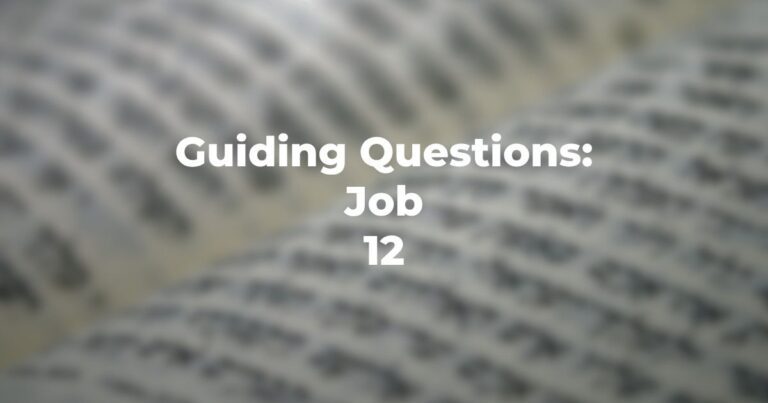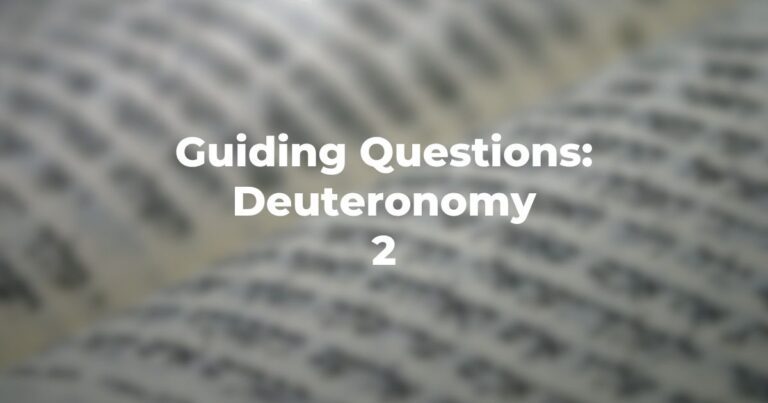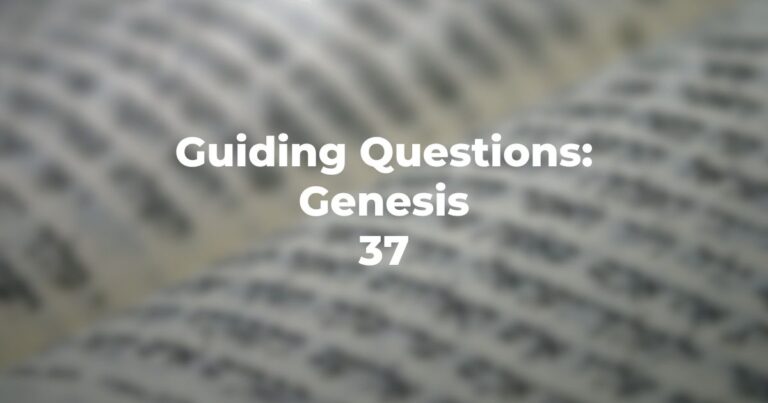- From what tribe does the violator of the instruction regarding the herem derive? Would one have expected it to have been from another tribe?
- The number of casualties at Ai (Joshua 7:2-5) is 36. Some 3,000 were in the force. Does this seem disproportionate in terms of the “melting of the courage of the people” and their courage “turning to water”? Or does “shloshet alafim” possibly mean three contingents rather than 3,000 (from the term aluf) and might this have some significance in terms of numbering in various Biblical texts?
- Is the reaction of Joshua understandable in terms of the recent victory at Jericho? What is his stated reason for the overwhelming concern?
- What is the significance of the Divine response: “Why are you prostrate before Me?” To whom or what does Divinity direct Joshua’s attention?
- How is this a dialogue comparable to Moses calling out at the Reed Sea and the response of Divinity at this time? Is this consistent?
- What is the solution to the “military problem” of the Israelites?
- The closing refrain of the chapter indicates a sobering (to put it temperately) punishment not only to him who took from the herem but for his entire family. Does the punishment fit the crime?
Author
-

Exploring Judaism is the digital home for Conservative/Masorti Judaism, embracing the beauty and complexity of Judaism, and our personal search for meaning, learning, and connecting. Our goal is to create content based on three core framing: Meaning-Making (Why?), Practical Living (How?), and Explainers (What?).
View all posts




